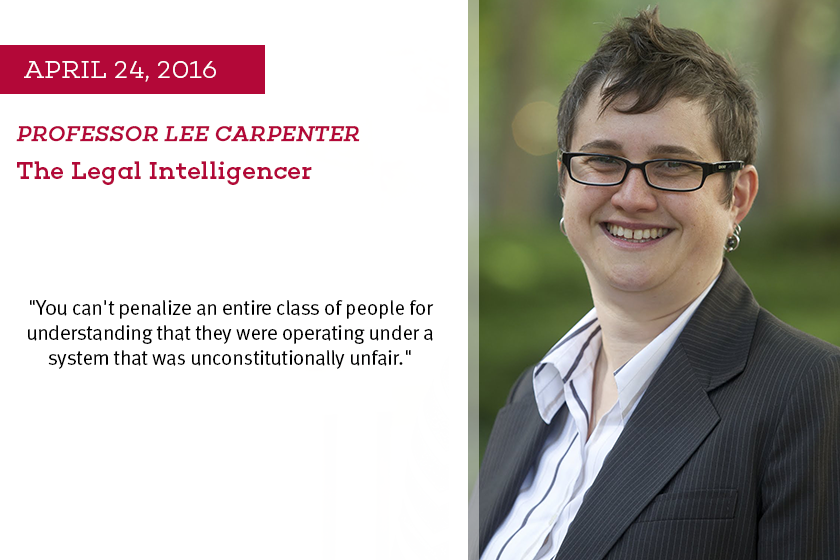Obergefell v. Hodges is a historic decision that accomplishes the important task of requiring marriage equality across the nation. To many, the opinion’s romantic language gives particular poignancy to the historic moment when the long-recognized fundamental right to marry was finally extended to same-sex couples. However, what people see as the romance of the opinion masks a profoundly conservative decision, one that abandons meaningful equality analysis, and instead engages in a full-throated embrace of the conservative institution of marriage as an essential and necessary cornerstone of American society. In so doing, the decision advances a new and troubling doctrine of marital superiority that explicitly undercuts the dignity and worth of non-marital relationships. Much to the dismay of those who may have wished to allow states to experiment with other, more progressive relationship-recognition forms, Obergefell’s marital superiority rhetoric may guarantee that marriage will, for the foreseeable future, remain the only recognized relationship in town. Download the paper from the Georgetown Law Journal.



